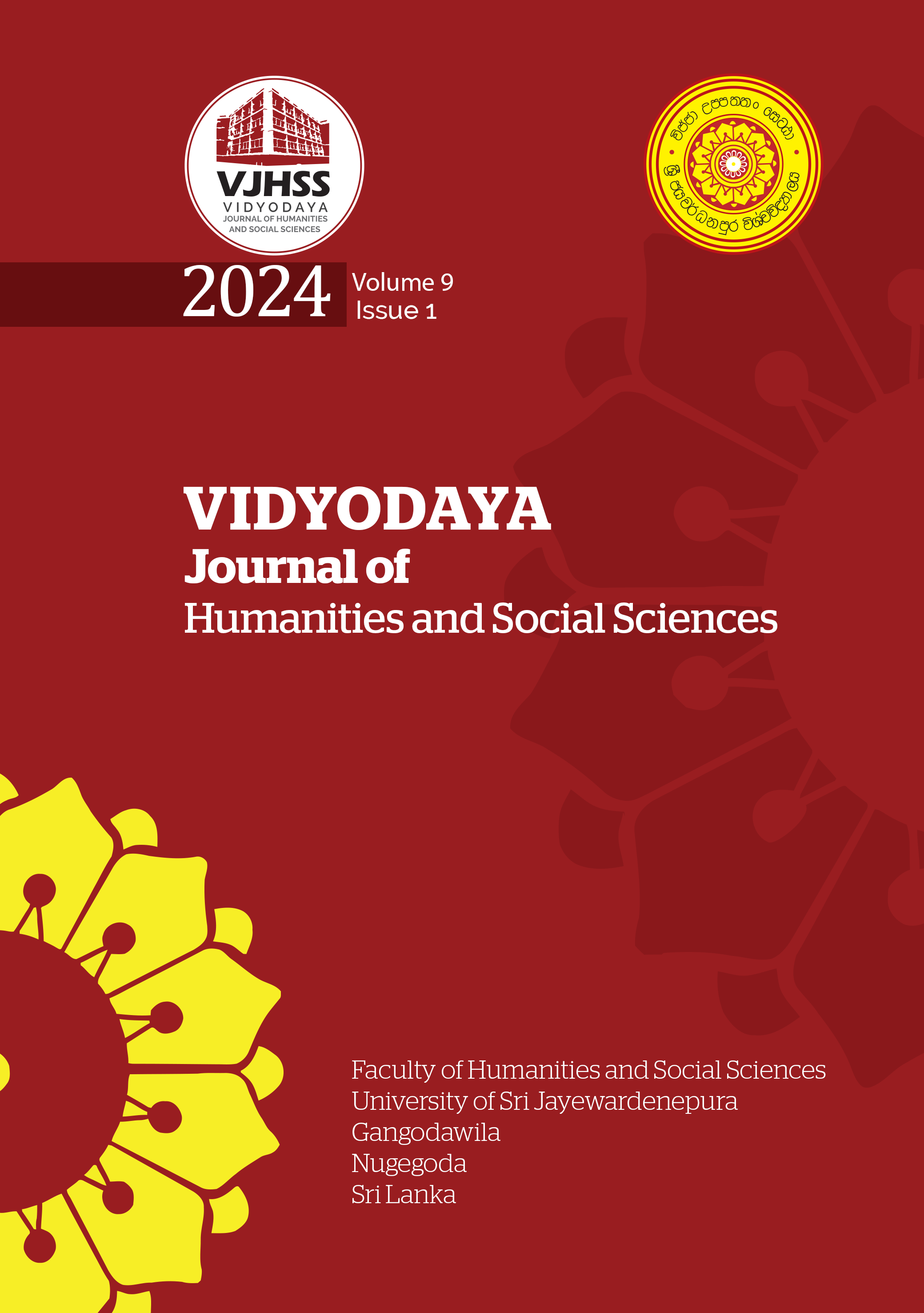The Well-Being of Executive-Level Working Women in Sri Lanka
Abstract
Society, in general, recognizes men as breadwinners and women as housewives. The traditional role of women has changed because of education and work, providing women with more responsibilities. Within these dual roles, women undergo more pressure that negatively affects their well-being which hinders positive and meaningful outcomes of their physical, mental, and social development. Currently, the ‘well-being of women’ has become a debatable theme in the world community. Literature draws more attention to poor, rural, and less educated women. As women's roles have extended throughout every sector of society, it is important to identify the well-being of women who represent educated employees. This study used mixed research methods with a convenience sampling method adopted among 100 working women at the executive level. Data was collected via a survey, in-depth interviews, and discussions, and was analyzed critically. The study found that most informants who earn a considerable salary have been deprived of their well-being. Because of their very busy lives, they face role conflicts in fulfilling their responsibilities. Higher workload, lack of relaxation and recreation opportunities, negligence of personal health and other basic needs, as well as sexual harassment and social attitudes, etc., negatively affect their social, physical, and mental well-being. All in all, most women have been unable to utilize their education to achieve successful, healthy, and happy lives by improving their well-being. Taking more productive actions for the improvement of women's well-being in all aspects would be highly beneficial to women, families, and the entire society.



